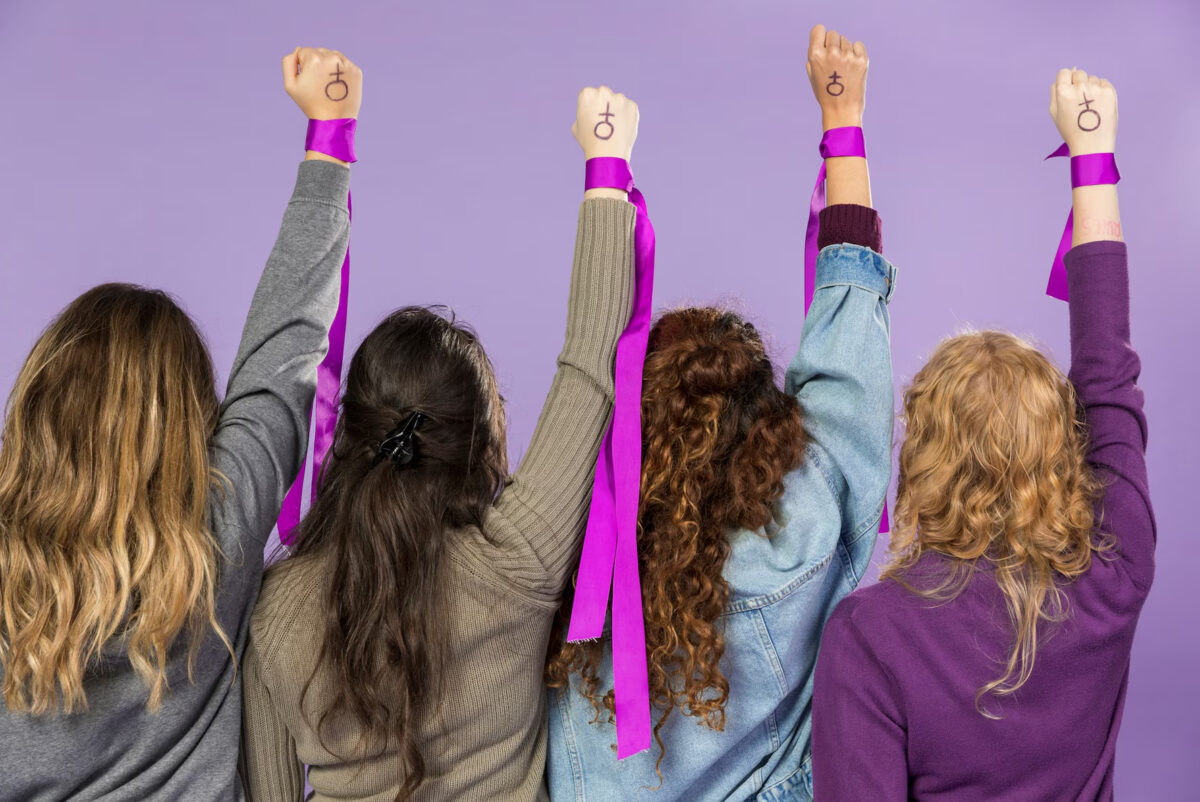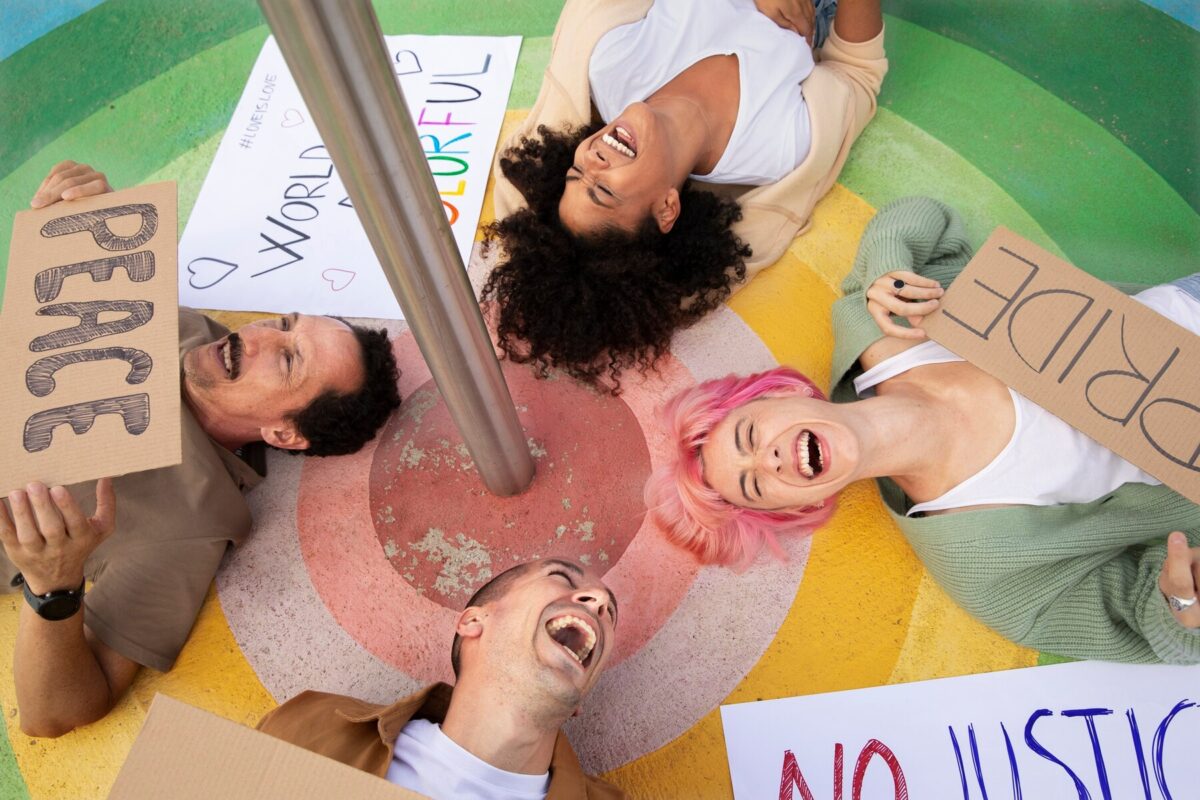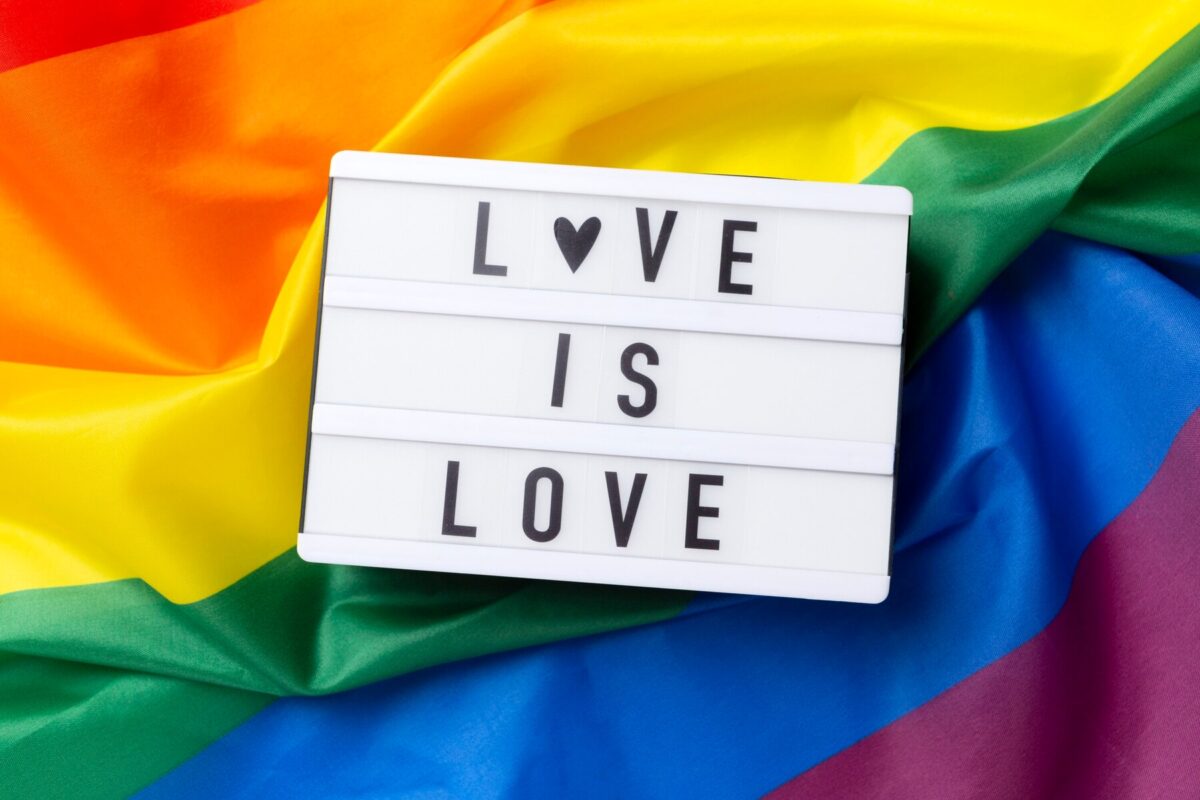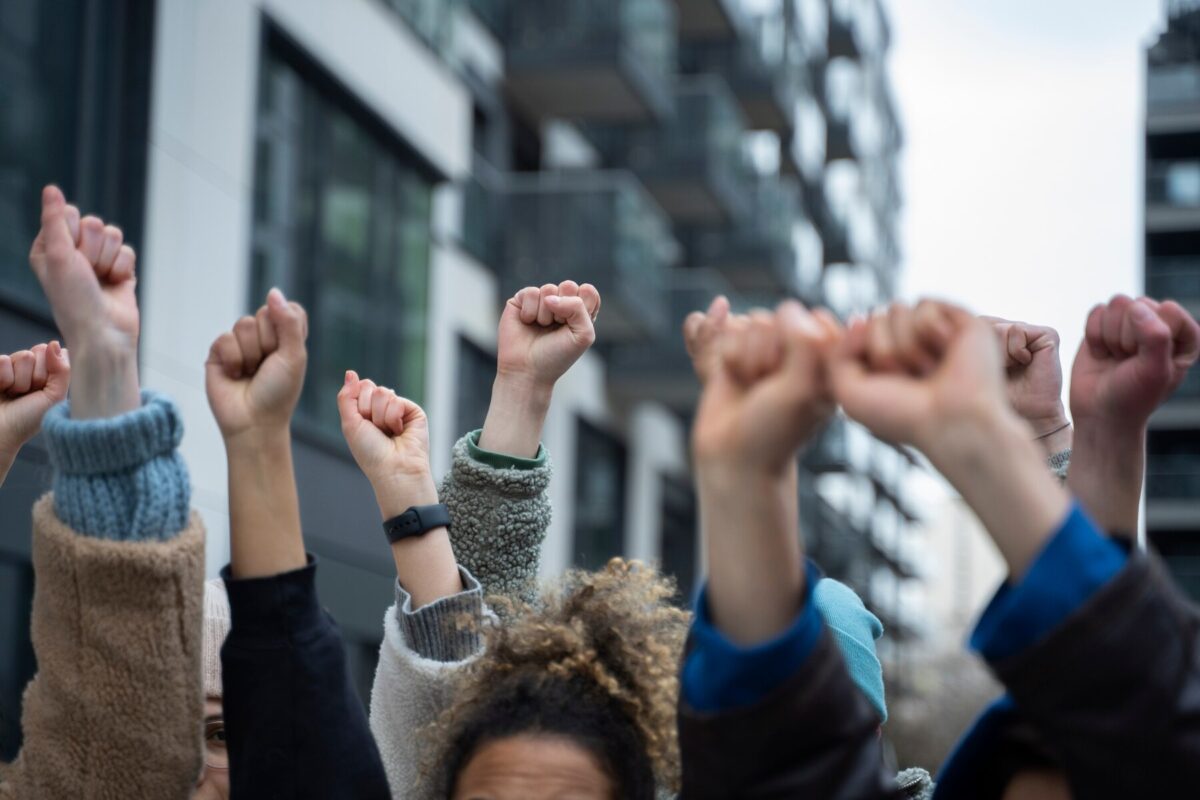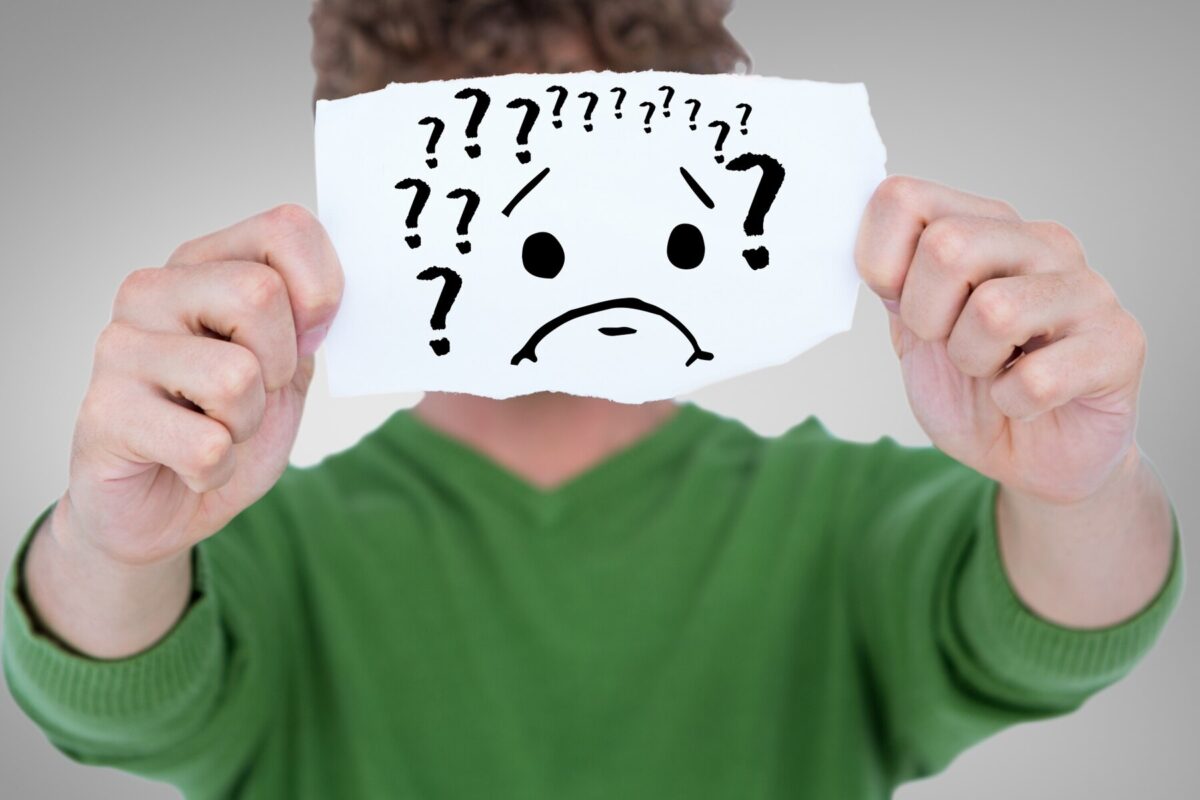The World Social Justice Day, observed annually on February 20th, stands as a poignant reminder of the ongoing struggle against unemployment, social exclusion, and poverty. This globally recognized day, as mandated by the United Nations General Assembly, underscores the critical importance of social development and justice in fostering peace and security within and among nations. As we navigate through the complexities of the modern world, it is increasingly evident that social development and justice are not only fundamental rights but also indispensable prerequisites for sustainable peace and prosperity. As the International Labour Organization points out in its latest World Employment and Social Outlook report, as of 2023:
– 241 million workers lived in extreme poverty.
– 423 million workers lived in moderate poverty.
These alarming numbers underscore the urgent need for concerted efforts to address the root causes of working poverty and boost economic opportunities globally.
It resonates profoundly across Eastern Europe and Central Asia (EECA) as well, where socio-economic disparities, conflicts, and institutional weaknesses have strained the fabric of social cohesion. Against this backdrop, there is a pressing need to galvanize efforts towards fostering a more inclusive and equitable society.
As we approach the halfway mark towards realizing the ambitious goals of the 2030 Agenda, it becomes imperative to intensify our endeavors toward promoting inclusive and sustainable economic growth, employment, and decent work for all. Central to this endeavor are the four interconnected dimensions of social justice: ensuring universal human rights and capabilities, facilitating equal access to opportunities for employment and productive activity, promoting fair distribution outcomes, and facilitating just transitions amidst significant societal transformations.
Despite pockets of resilience observed in labor markets during the preceding year, the global economic landscape remains fraught with uncertainties, exacerbating structural inequalities and leaving millions marginalized. Projections indicate a further deterioration in the global unemployment rate in the 2024 year, with EECA bearing a disproportionate burden. Alarmingly, millions within this region continue to grapple with extreme or moderate poverty, highlighting the urgent need for targeted interventions to address the root causes of working poverty and enhance economic opportunities.
In response to these challenges, governments across EECA must prioritize initiatives aimed at bolstering domestic economies, fostering regional cooperation, and providing targeted support to vulnerable economies. Furthermore, there is a pressing need for a comprehensive approach that leverages education, social protection, and environmental sustainability as catalysts for transformative change.
In the context of the rights of working representatives from key groups such as people living with HIV, sex workers, and LGBT+ individuals, there is a need for special attention to their vulnerability and protection of their rights in the workplace. In many countries in EECA, these groups face systematic discrimination and stigma, which creates additional barriers to obtaining decent employment and protection in the labor market.
Kyrgyzstan:
Case: A woman was fired because of a history of incarceration and drug use, although she had already been reinstated. After she was accused of stealing a cell phone, she was fired and deprived of her full salary.
Solution: The client was provided legal advice by REActors and accompanied at her place of employment. After negotiations and the presentation of camera video proving her innocence, she was reinstated and received compensation for moral damages.
Kazakhstan:
Case: A man living with HIV came to REActors after he was denied employment (as a massage therapist) at a private medical center. He was rejected because of his HIV+ status and was also neglected.
Solution: The client was counseled on the rights of PLHIV patients and the Labor Law of the Republic of Kazakhstan. The REActors accompanied him to the medical center, where they drafted a pre-trial statement and spoke with the head doctor. After explanations, they apologized and offered him a job (but the man refused).
Azerbaijan:
Case: REActors were approached by a client who was working on a construction site. He was supposed to be paid 15 manat per day (about 8 euros), but he received only 5 manat and the remaining 10 manat was to be paid every 2 weeks. At the end of the term, he was fired and paid nothing, with the excuse that he was from a community of people, who use drugs.
Solution: After consulting with a lawyer, the REActors met with the foreman and explained to him that illegal dismissal is punishable, regardless of whether the worker was officially employed or not. He agreed to pay the man 140 manat and the client dropped further complaints.
In light of these (and other) cases, regional and national human rights programs should include measures to protect the rights of workers from these key groups. This includes ensuring workplaces free from discrimination based on HIV status, sexual orientation, or gender identity, as well as ensuring equal access to employment opportunities and social protection.
Human rights organizations and government bodies should collaborate to develop and implement policies aimed at strengthening the rights of workers from key groups. This may involve awareness campaigns about workplace rights, training for employers and employees on non-discrimination principles, and creating mechanisms for recourse for rights protection (as REAct instrument).
To ensure the successful integration of these groups into the work environment, attention must also be paid to their specific needs and vulnerabilities. This may include providing access to HIV and LGBT+-related medical services, as well as creating safe and supportive working conditions for sex workers.
The commemoration of the 2024 World Day of Social Justice serves as a rallying cry for renewed commitment and collective action. By bridging existing divides and forging strategic alliances in support of the Global Coalition for Social Justice, societies can unlock their full potential and pave the way for sustained reductions in poverty and inequality. Moreover, by fostering inclusive growth and social cohesion, these efforts can contribute significantly to peace, stability, and intergenerational solidarity across the region.
In EECA, the imperative to advance social justice transcends mere moral obligation; it is a strategic one and essential for building resilient and equitable societies capable of withstanding the myriad challenges of the 21st century. Adopting a multidimensional approach to protecting the rights of working representatives from key groups will not only ensure equal opportunities in the labor market but also contribute to creating a more just and inclusive society of this diverse region.
Also read:
Tajikistan has taken the first step to protect the rights and eliminate discrimination of citizens living with HIV
Drug policy of zero tolerance and double standard practices. ENPUD analytical paper on the situation in Kazakhstan











